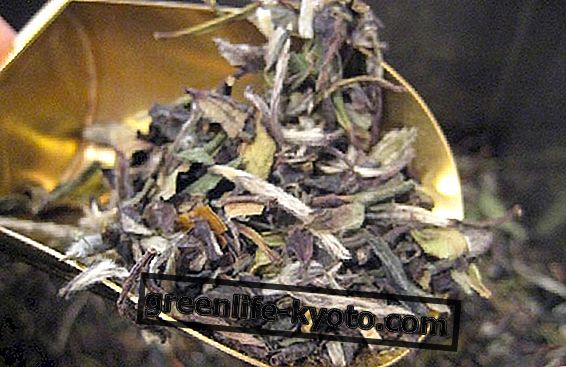
When we talk about flavor, we are more or less referring to something that is experienced through taste.
It will be easy to agree on how some vegetables may be more bitter than others, on how bitter some citrus fruits are; hardly anyone will deny that honey is sweet or salted salami.
But when we talk about flavors in terms of Ayurvedic medicine we refer to more delicate, refined concepts, inserted in a precise sense horizon.
Ayurvedic medicine and care through diet
The great care system that is Ayurvedic medicine contemplates food as one of the most effective healing tools. In ancient Ayurvedic writings we read: "Medicine is food, food is medicine" . The Ayurvedic diet is then supplemented by the use of plants and their therapeutic properties.
In considering food as a cure, ayurveda takes into account a series of factors that make each person unique and unrepeatable compared to another. In ayurveda, being overweight is an accumulation of toxins that occur when food is not metabolized properly , the speed of digestive processes is different, so are the powers of digestion that a person can have at various times of the day.
Then there are some key principles of Ayurvedic nutrition, such as, for example, the rule that one should eat only after having digested the previous meal, to avoid that the remixing of food alters the bodily moods known as doshas . Another precept is that which drives the observer of the Ayurvedic diet to seek in every meal, in every dish, a balance between the six Rasa, the six flavors .
The six Rasa, flavors of Ayurvedic medicine
In Ayurvedic medicine the flavors act on the body to increase or decrease the three doshas, the forces that animate the human organism and which, in turn, perform a function of elimination ( Vata ), of combustion ( Pitta ), of assimilation ( Kapha ). Let's see these six flavors separately:
Sweet taste
It is not the sweets, as we understand it, or the food rich in refined or raw sugar . For ayurvedic medicine, those foods that increase secretions and reduce toxins, whose accumulation often afflicts the pitta type, are sweet. They are not recommended in case of mucus or overweight problems, disorders that often afflict the kapha types. Any examples of sweet-tasting sibis? Sweet potatoes, rice, cashews.
Acid flavor
They are those foods that stimulate digestion . For example, the lemon, which also in the tradition of the Mediterranean diet is considered a catalyst for digestive processes (think of the traditional "canary"). Blueberries and spinach are also part of this group.
Salty flavor
The salty taste increases pitta and kapha, has expectorant properties . Salt and algae belong to this group.
Pungent flavor
The pungent heats up, activates the metabolism ; in terms of doshas, it increases vata and pitta, reduces kapha . These are foods like garlic, chilli, onions, horseradish, basil, clove ; if taken in a balanced way, they reduce cooling disorders and relieve depression, if in excess they cause stress and thirst.
Bitter taste
Bitter-tasting foods purify the body . Endive, turmeric, artichokes, chicory, catalogna, aubergines, endive, grapefruit, rhubarb fall into this category. The bitter taste reduces pitta and kapha, increases vata .
Astringent taste
Sage, dried bramble leaves and green tea are classic astringent-flavored foods, useful in case of diarrhea, menstrual pain, increase vata and reduce kapha and pitta, just like bitter-tasting foods.













